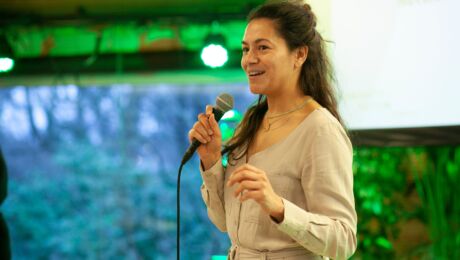How Movies that Matter Puts Children’s Rights in the Spotlight Every Year
Young people are not always aware of children's rights, but they do play a role in their daily lives. Find out how we use films to discuss and celebrate children's rights in the classroom. 05 November, 2024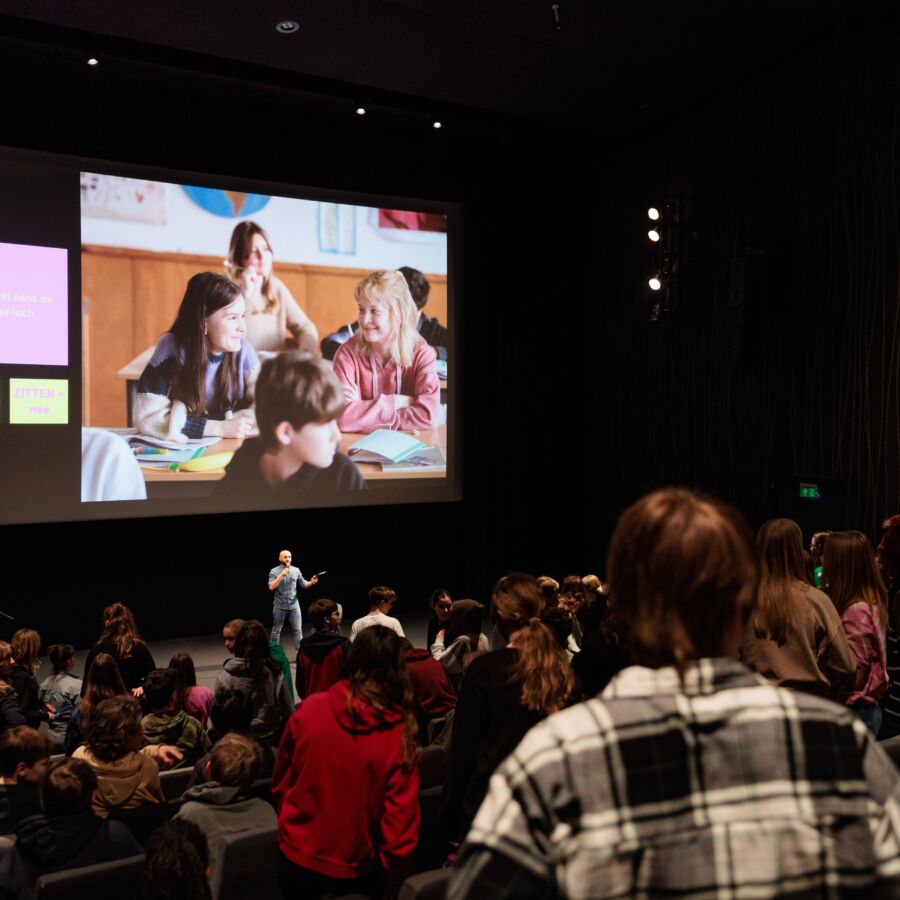
-
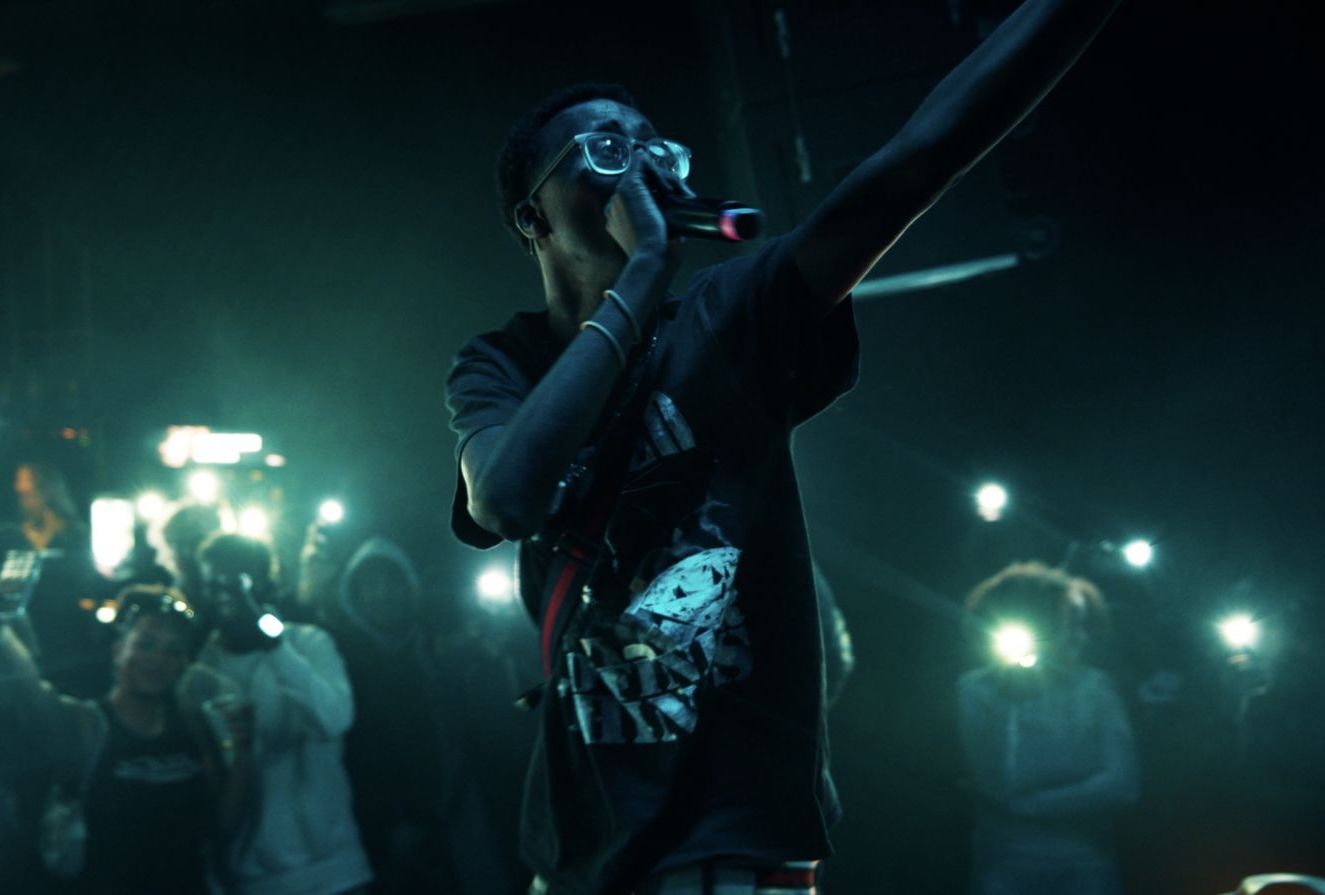
King Ridwan
Sammy Shefa Idris, 15 minutes
The short film King Ridwan tells the story of a boy who, despite challenging circumstances (such as discrimination), tries to follow his dreams, aligning with children's rights such as the right to self-development and protection against discrimination.
This film is available for booking as an educational screening or as a film for classroom viewing. -
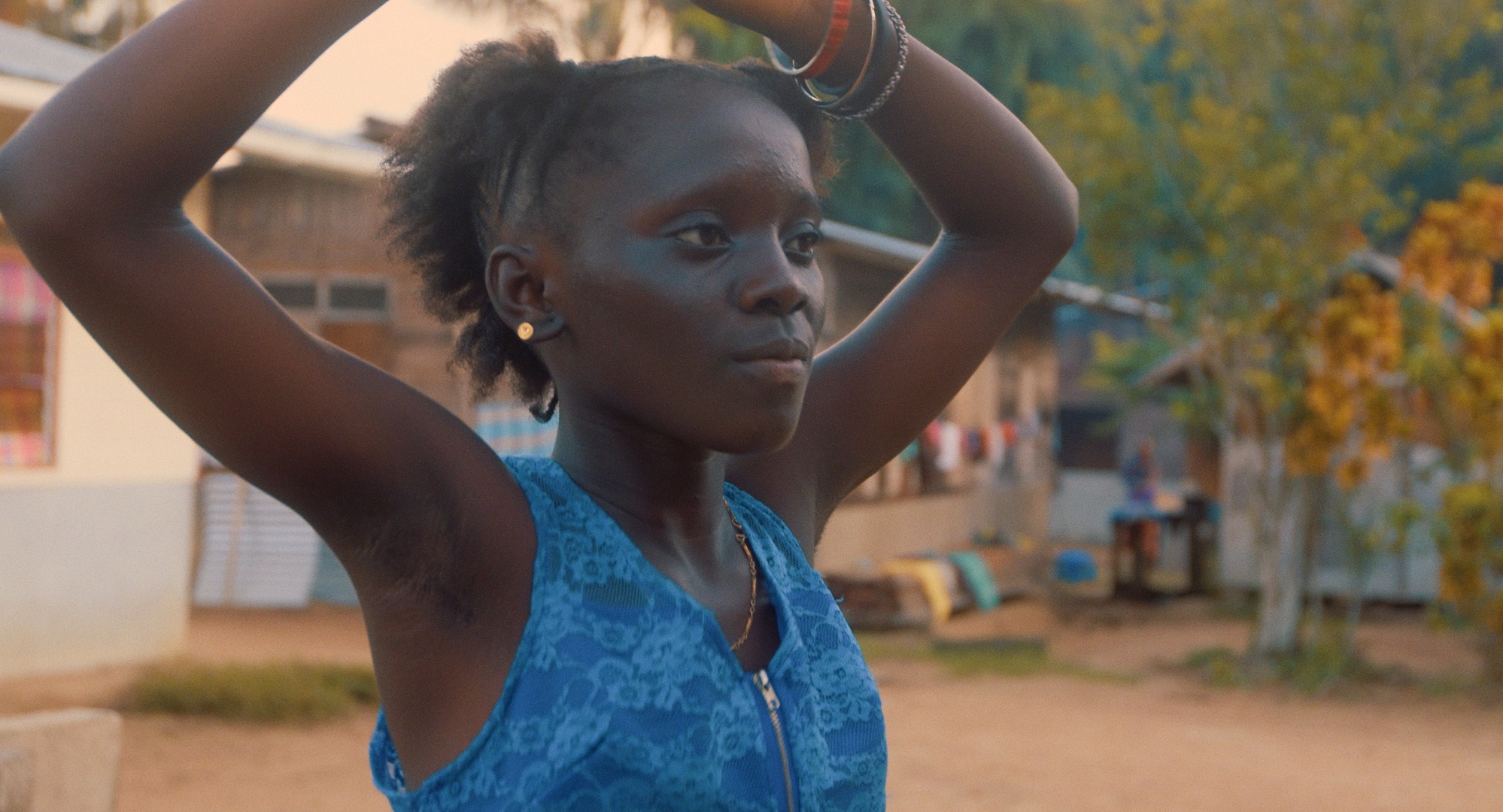
Kinderen van Mavungu
Mirjam Marks, 70 minuten
Children of Mavungu follows children growing up in the village of Pikin Slee in Suriname, showing how they stay connected to their cultural identity and traditions, even when they have to move to the big city, Paramaribo, for school.
This film is available for booking as an educational screening or as a film for classroom viewing. -
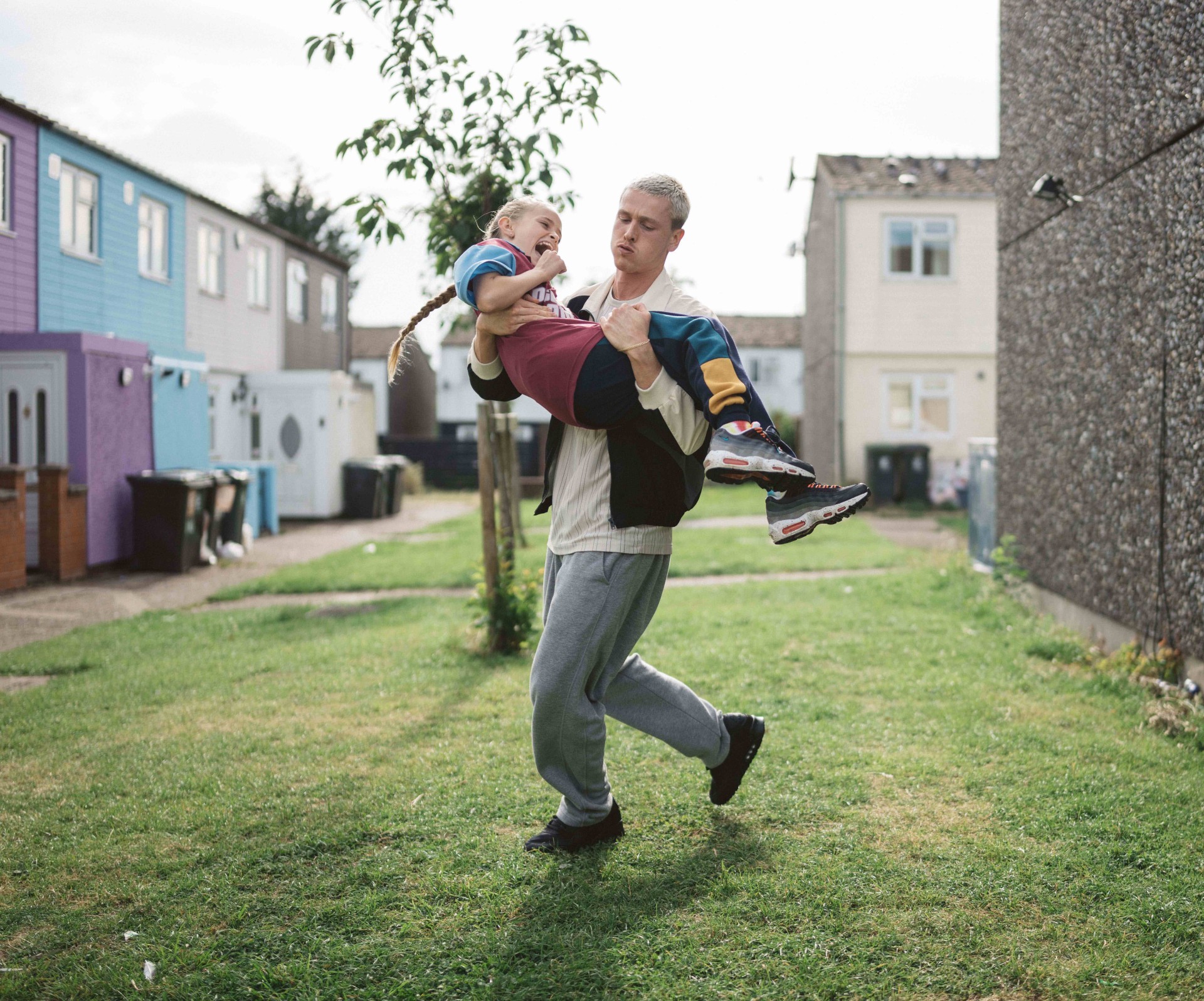
Scrapper
Charlotte Regan, 84 minuten
Scrapper tells the story of Georgie, who must fend for herself after her mother passes away, highlighting children’s rights such as the right to care and family.
This film is available for booking as an educational screening at the Movies that Matter Festival in Amsterdam and The Hague. -
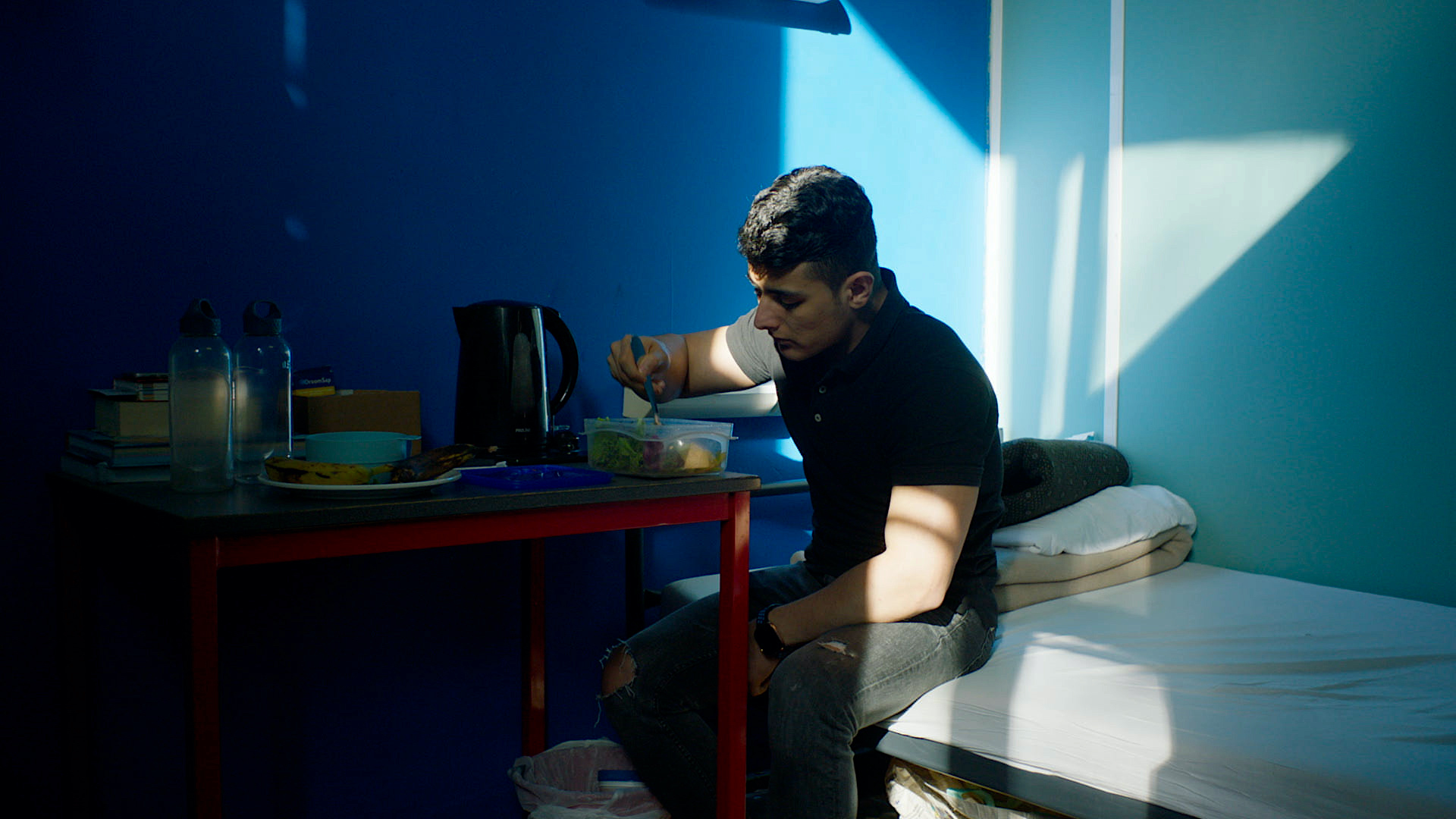
The Mind Game
Sajid Khan Nasiri, Eefje Blankevoort, Els van Driel; 61 minutes
The Mind Game follows the journey of young refugee Sajid Khan Nasiri, who flees Afghanistan alone and faces danger and psychological pressure along the way, underscoring the importance of children's rights to protection and mental care.
This film is available for booking as an educational screening or as a film for classroom viewing. -
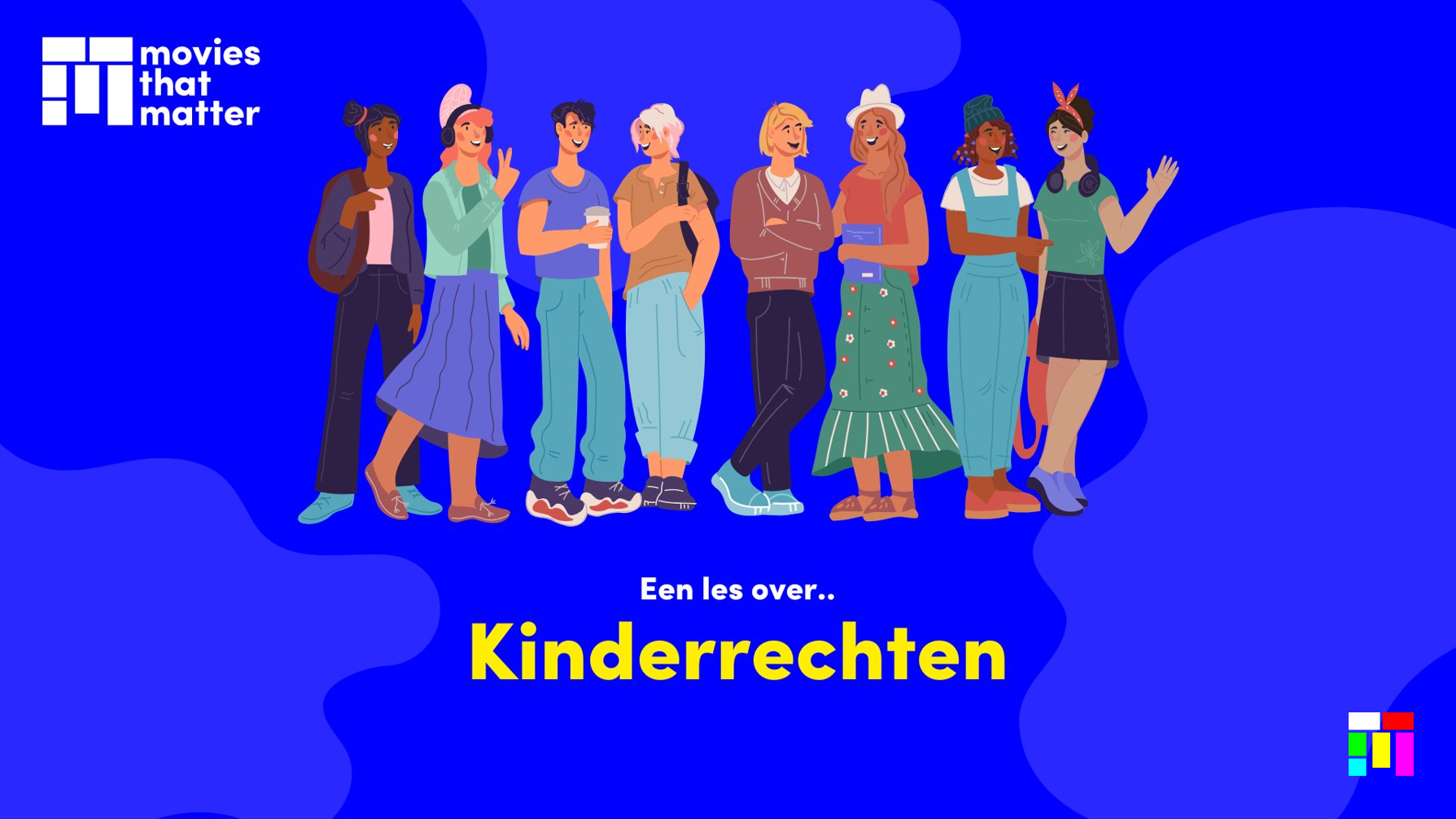
A Lesson About Children's Rights
Movies that Matter, 30-45 minutes
In this LessonUp lesson, students interactively explore children’s rights. The lesson can be used as preparation for various films from the Movies that Matter catalogue and can be completed within a single class period.
The lesson is suitable for lower secondary education.
